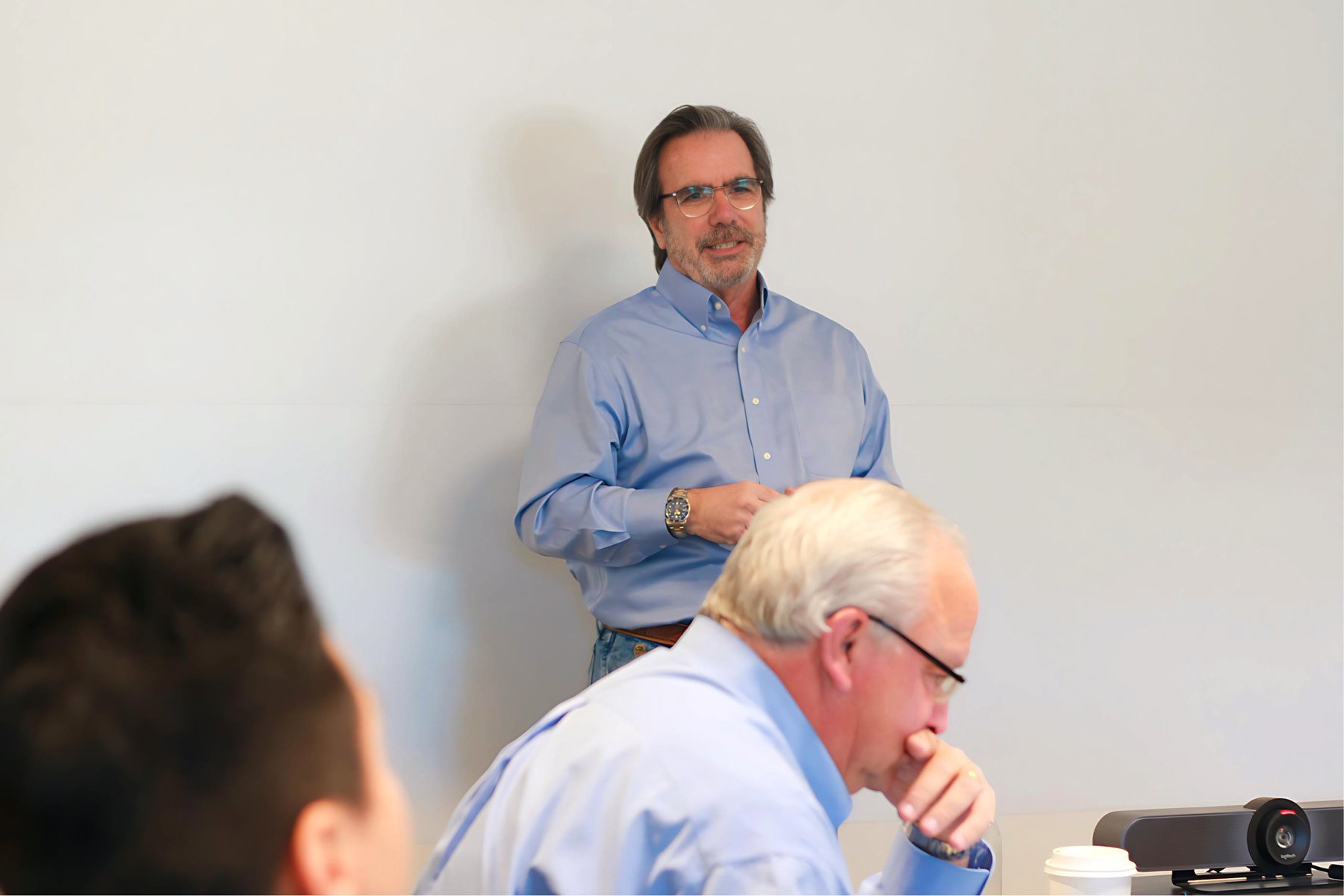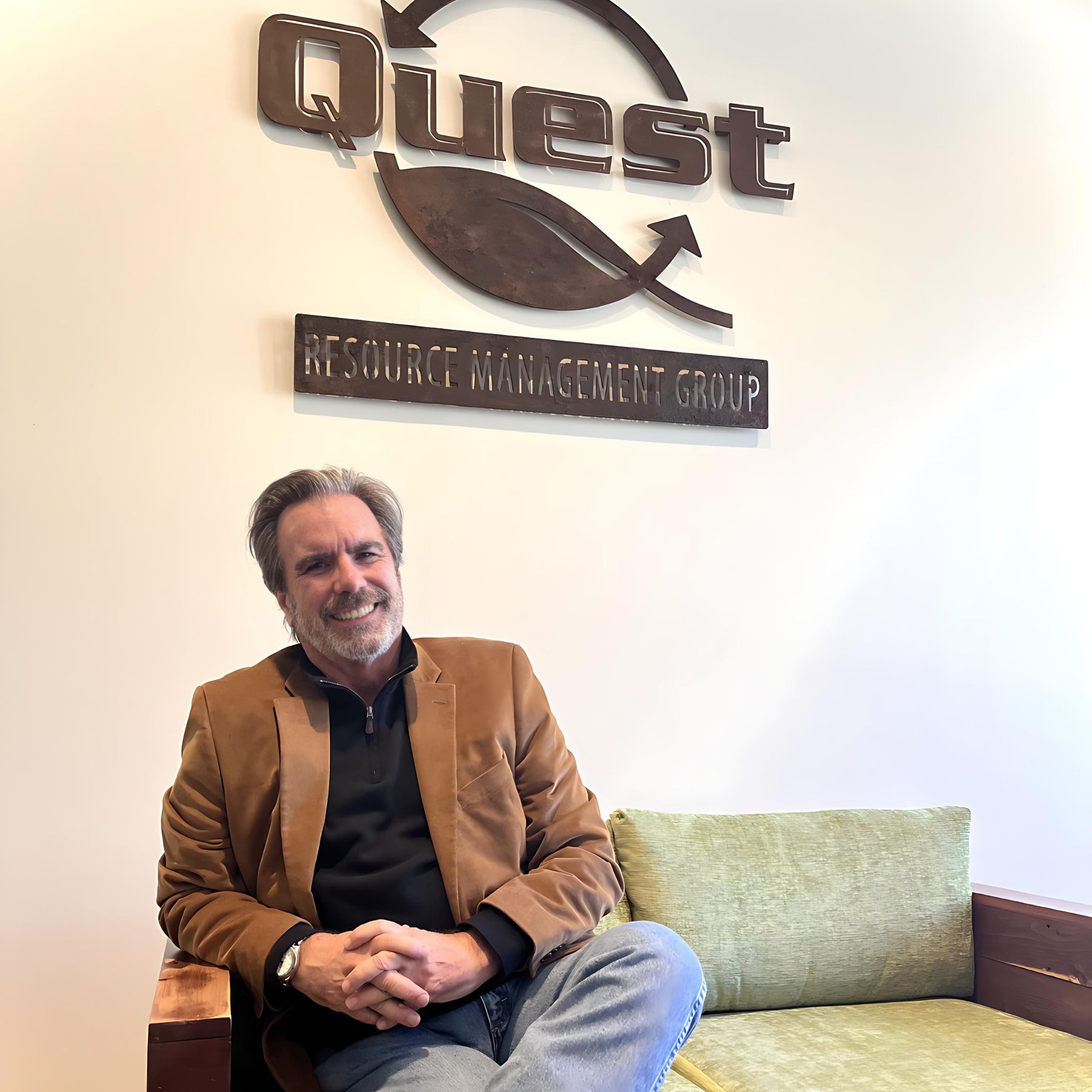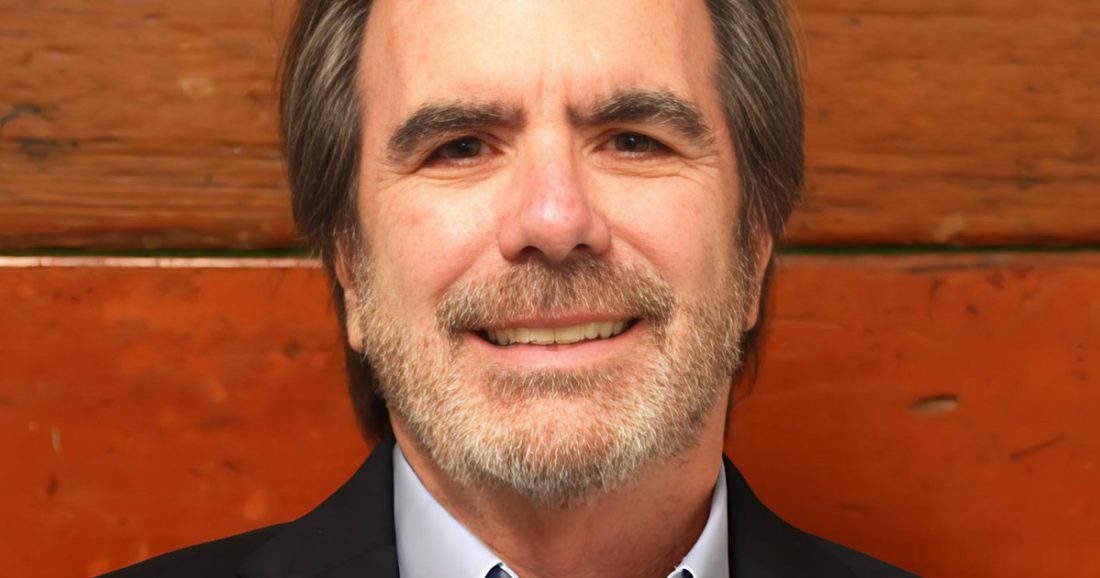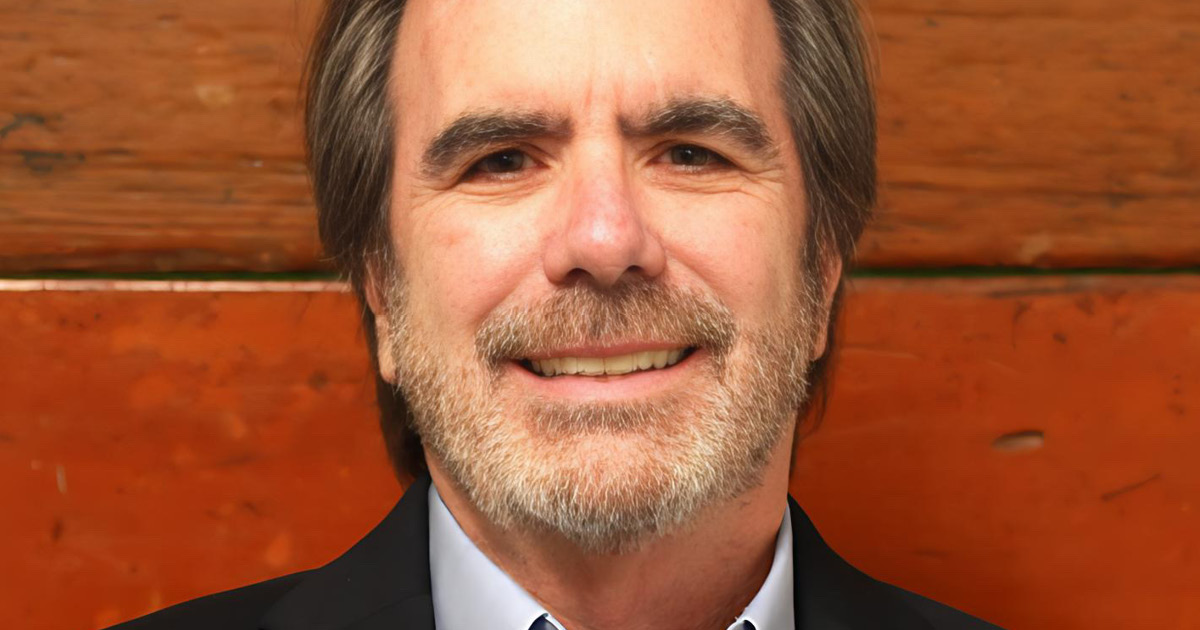Managing waste is often not at the very top of a business’ list of priorities. Many companies have the desire to dispose of their waste in a more effective and conscientious manner but lack the resources to do so.
Since 2007, Quest Resource Management has been helping partners solve this problem. “We are a B2B solutions provider for the waste and recycling world,” President and CEO Ray Hatch says.
“We try to take those worries away and make it the most productive situation we can for them so that they can focus on what they do best.”
Based in The Colony in the suburbs of Dallas, Texas, the company proudly provides partners across the nation with effective and bottom-line-friendly waste management solutions.
“We can take care of any waste stream generated by virtually any business in any zip code in the United States. And the nature in which we can do that is by utilizing technology to deploy several thousand subcontractors,” Hatch says.
“We match up really strong service providers with the unique needs of each client. We find cost-effective, innovative ways to meet their sustainability goals.”
Inbuilt sustainability
Hatch explains the company has an inherent competitive advantage when it comes to sustainability.
“Most of our competitors are those asset-heavy, large waste companies that own trucks, landfills and plants. We don’t own any of those,” he says.
“If you own landfills, for example, every ton of waste looks like it belongs in a landfill because that’s better for your bottom line.”
As Quest Resource Management doesn’t have this inbuilt bias, Hatch points out, it allows it to pursue waste disposal methods that are more environmentally friendly.
“We’re agnostic as to the means of disposal – whatever fits the clients’ needs economically, it is advantageous to us to help meet that,” he says.
“One specific example is organic waste, which is a huge problem here. Landfills are predominantly being filled by organic materials that don’t really need to be there.”

“There used to be a choice between being green and making money. Those days are gone.”
Rather than allowing reusable organic waste to end up in landfills, the company can divert it to facilities that will put waste to good use, such as waste-to-energy facilities, animal feed and compost facilities. This creates a positive cycle of sustainability investment, Hatch says.
“For example, the more tonnage we’re able to take away from the landfill, the more we can move it to somebody who owns compost facilities, who then has more capital to invest in building more compost facilities,” he says.
“So by diverting our approach to find alternatives, we encourage people to invest in infrastructure to handle those alternatives, which makes it more cost-effective. It’s a win–win for everybody, particularly the environment.”
People-led innovation
Hatch believes that a forward-facing vision is a defining reason why Quest Resource Management can provide high-level client service.
“Innovation and excellence are tied together,” he says. “This is a fragmented space that we’re in, so we utilize technology to help us smooth that out. Our approach to innovation is to apply technology across the whole value stream.”
The company has invested in data analytics that allow both Quest Resource Management and its clients to measure the positive impact of disposal solutions.
“We’ve evolved as a company over the last six-to-seven years to be much more of a data-oriented company,” he says. “We’ve built a portal that allows clients to see their waste performance at any location at any time. It enables that higher level of analysis.”

“We’re agnostic as to the means of disposal – whatever fits the clients’ needs economically, it is advantageous to us to help meet that.”
Quest Resource Management has 220 employees under direct management, who are one of four integral stakeholders.
“Our stakeholders are our employees, our clients, our vendors and our investors. We view all of those fairly equally,” he says. “If all four of those aren’t balanced and happy, then we’re going to have an issue.”
To keep its employees happy and motivated, Hatch gives them the freedom to make the decisions they think will best benefit the business. This has yielded positive results.
“We build an environment here of empowerment. Real empowerment is giving people the tools and the outline of a direction and then allowing them to make mistakes,” he says. “We’re very committed as a leadership group to empower these people to find innovative solutions, to take care of clients.
“It creates speed, better client service and better relationships with our vendors. Ultimately, I think it gives us a competitive advantage in the marketplace.”
Bright horizons
The winds of change are behind Quest Resource Management.
“More and more waste is being generated every day, but there are fewer landfills today than there were yesterday, and tomorrow there will be even fewer,” Hatch says.
“Although they’re filling up, permitting new landfills is still very difficult. And so, ultimately, the need for our services is going to grow, and we don’t have any barriers to grow.”

“You need people who feel that what they get up and do every day has an impact.”
And perhaps most importantly, Hatch has a team alongside him that believes in the virtue of the company’s mission.
“It is so hard for companies these days to find and keep good employees. You need something more than just good pay,” he says. “You need people who feel that what they get up and do every day has an impact.
“We have a very noble mission for businesses: to help them do the right thing and provide a vehicle for them to do that in a cost-effective way.
“There used to be a choice between being green and making money. Those days are gone.”




